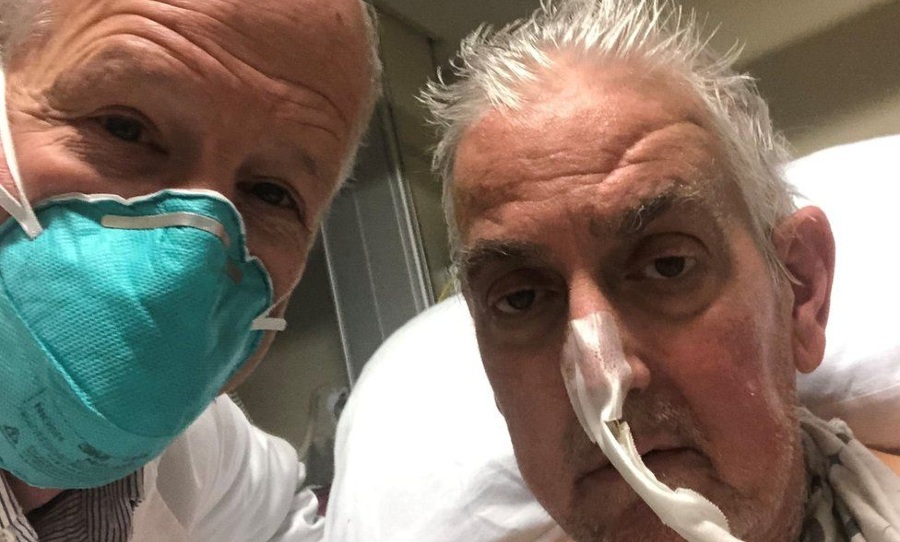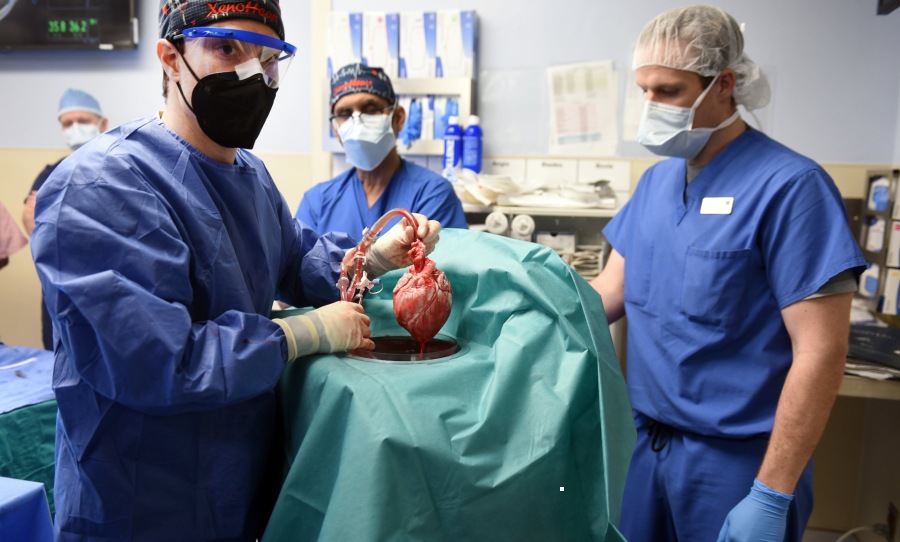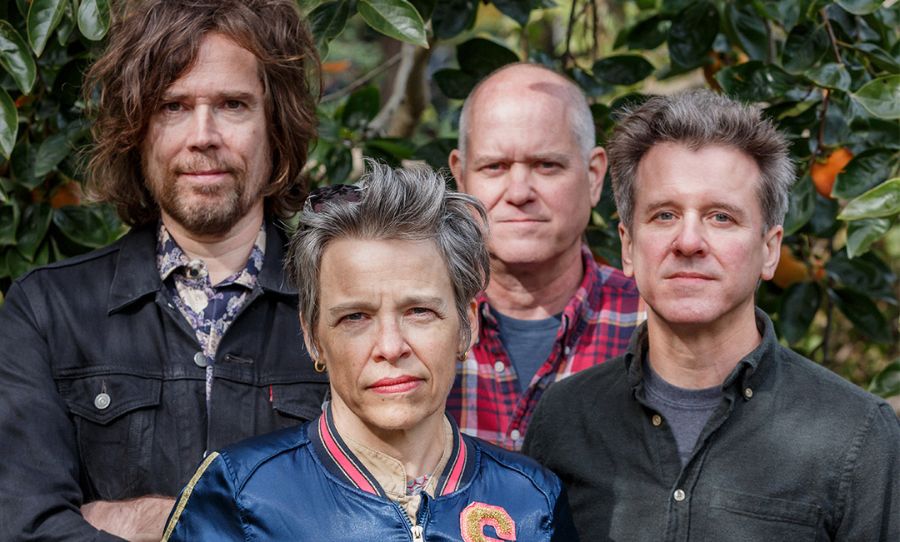A man suffering from terminal heart disease receives a transplanted pig heart in a world-first effort to save his life.
The 57-year-old man, David Bennett from Maryland, was suffering from terminal heart disease but had been determined ineligible for a human heart transplant.
In a last-ditch effort to save Bennet’s life, and in a world-first procedure, doctors from the University of Maryland Medical Centre (UMMC) have transplanted a genetically modified pig’s heart into their patient. As if pigs haven’t done enough for humans, they’re the real MVP’s here.

The surgery was performed on January 7. Four days following transplant the patient is breathing on his own, however, he is still connected to a heart-lung machine that aims to strengthen blood circulation.
“It was either die or do this transplant. I want to live. I know it’s a shot in the dark but it’s my last choice,” Bennett said before his surgery. “I look forward to getting out of bed after I recover.”
According to a statement issued by the UMMC, the coming days and weeks are crucial to whether Bennet will survive the transplant.
"So you can CRISPR genome edit a pig's heart so it can be successfully transplanted to a human?"
"That's right, we just did it"https://t.co/oM2SwpCa5r first-in-man
by @RoniNYTimes pic.twitter.com/XMi9OEcI6t— Eric Topol (@EricTopol) January 10, 2022
The success of this surgery, more broadly, has the potential to significantly aid in appeasing the issue of organ shortages. Dr Bartley Griffith, director of the Cardiac Transplant Program at UMMC and the surgeon who performed the transplant, said in the statement that, “This was a breakthrough surgery and it brings us one step closer to solving the organ shortage crisis.”
Bartley continued that, “There are simply not enough donor human hearts available to meet the long list of potential recipients.”
According to the federal government’s organdonor.gov website more than 100,000 people in the U.S. are currently awaiting an organ transplant. Over 6,000 people die each year before getting one.
This is video of the genetically modified pig heart beating in the patient’s body https://t.co/NCbHciJuVg pic.twitter.com/76Aa7PmOl4
— David Begnaud (@DavidBegnaud) January 10, 2022
This is not the first case of animal to human organ transplant. The experimental procedure, however, had been largely abandoned following the Baby Fae case of 1984, where a baboon heart transplant was attempted.
In the Baby Fae case, as has been typical of these types of experimental organ transplants, her immune system quickly rejected the foreign heart and the patient died within a month of surgery.
Where Bennet’s transplant differs is in the pre-surgical genetic modification of the pig heart, which was designed to eliminate three genes from the donor pig’s genome that activate immune response in the human recipient.
Doctors at UMMC are cautious but optimistic that this innovative procedure could save not just Bennet’s life, but the lives of many more like him.
While it’s all very exciting and imperative to saving lives, we’re trying to hold out for those 3D-printed hearts. Being transplanted with animal organs doesn’t feel very vegan-friendly.



